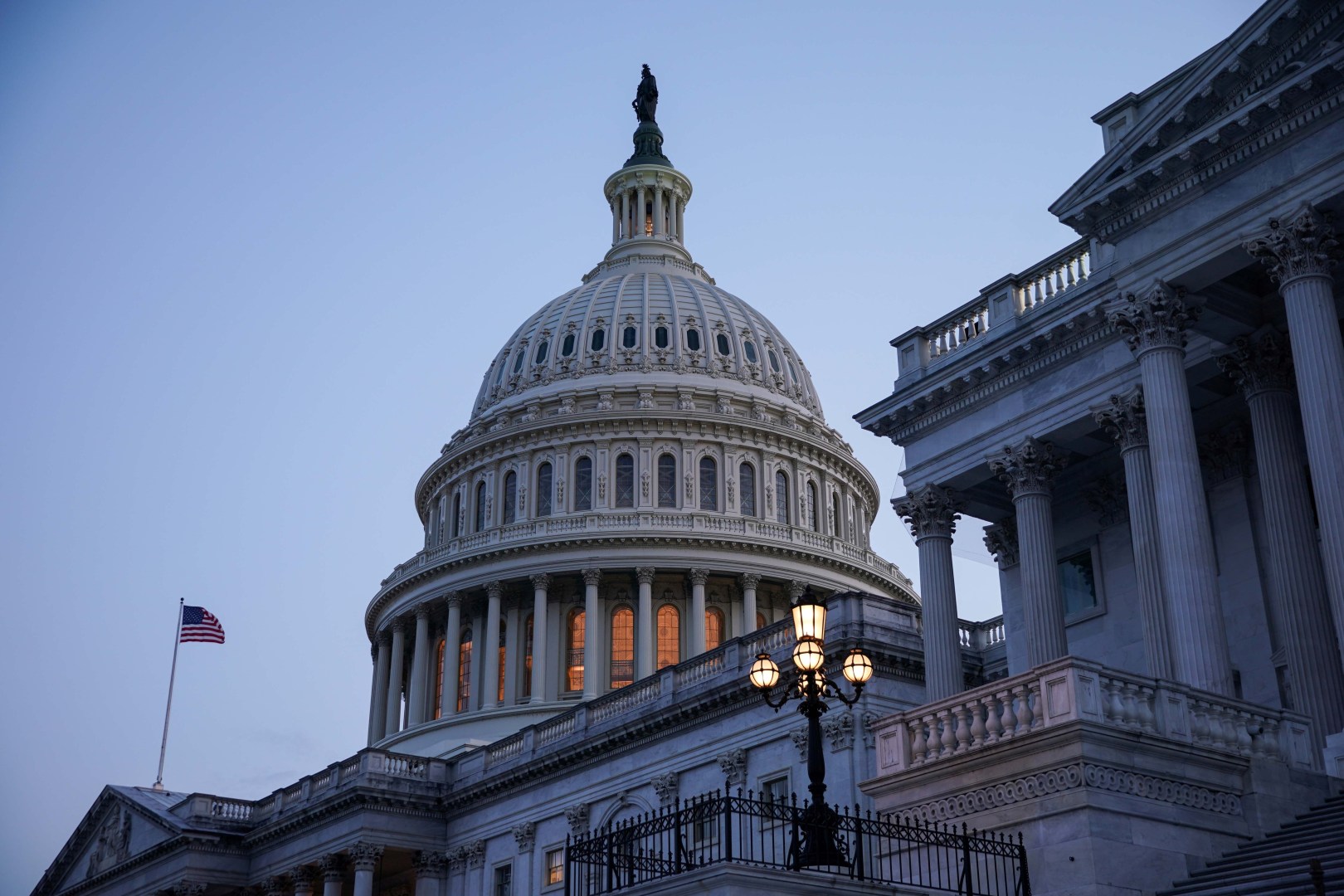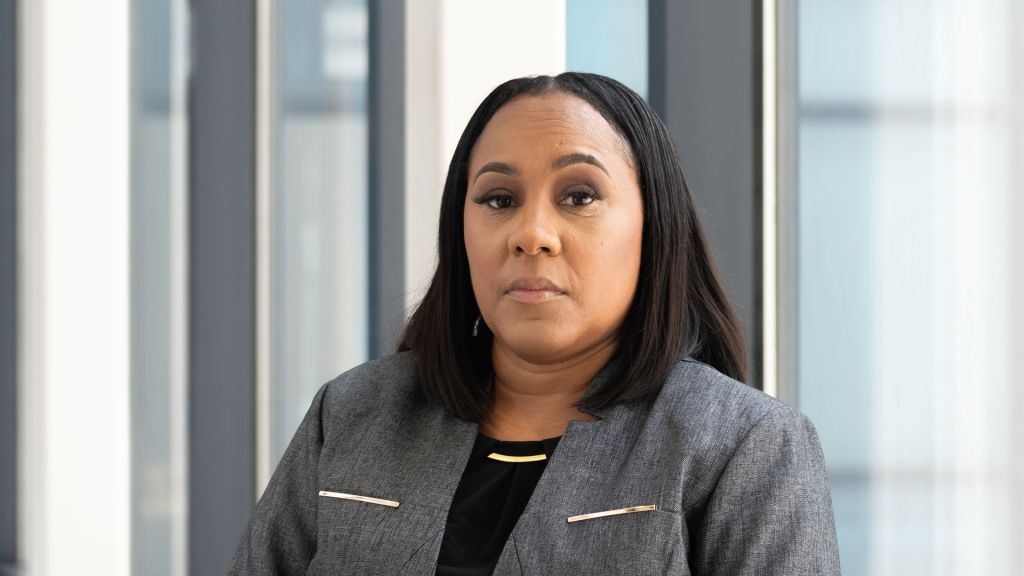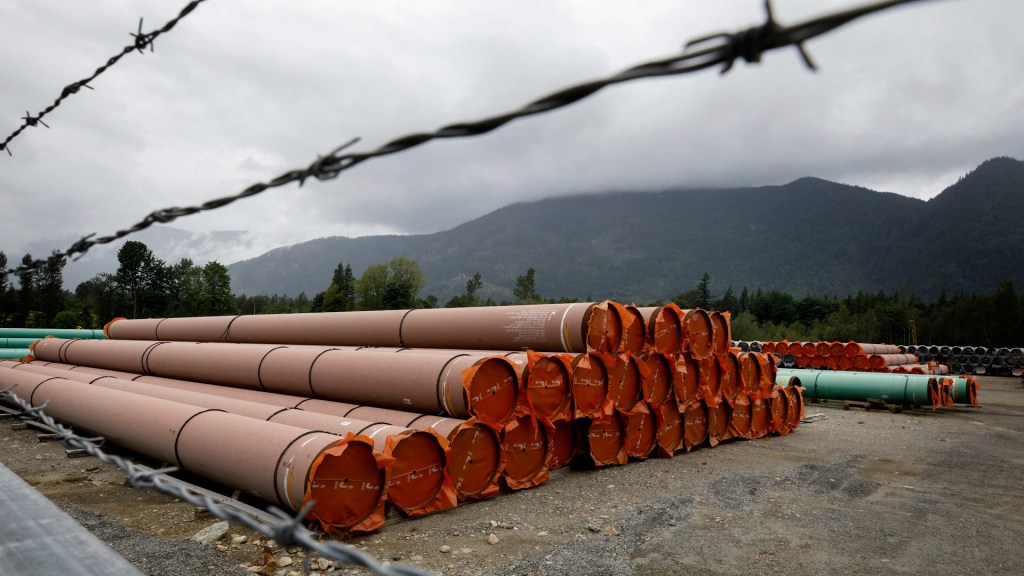
Annie Andersen: The 1.1 trillion dollar bipartisan infrastructure bill is now on its way to the House of Reperesentarice
It passed the senate with a vote of 69 to 30 meaning 19 republicans voted for it, including Senate Minority Leader Mitch McConnell
This bill includes 500 billion dollars of mew spending which was important to the boden administration.
After his yes vote, Senator mark Warner a dem from VA went over to his Republican colleague, Senators Susan Collins ans mitt Romney, giving them a hug and shoulder squeeZe
This bill is a priority for the biden team ans Vice President Kamala Harris presided over the senate, announcing the final vote tally.





